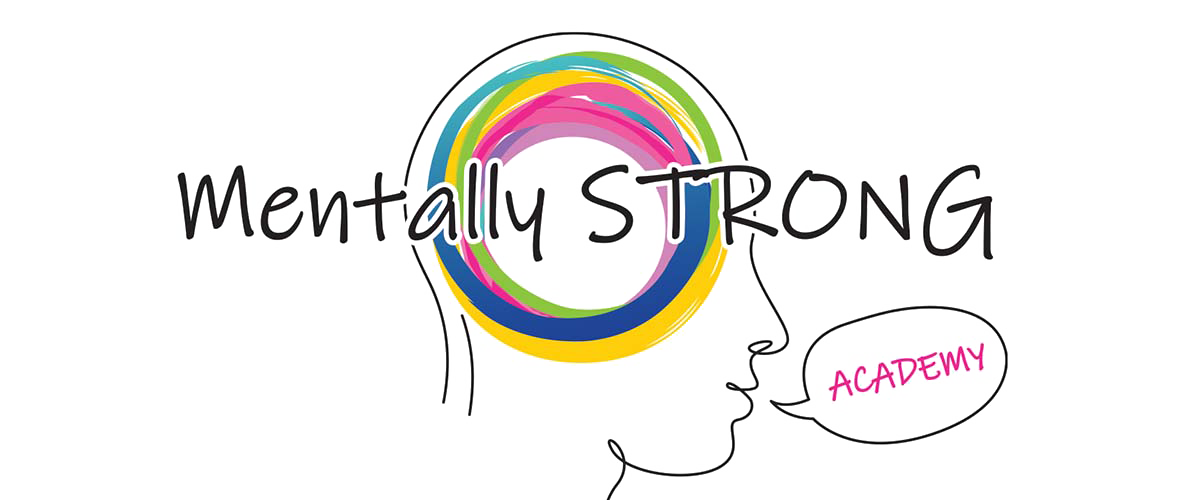Bipolar I
Although the DSM V clearly distinguishes bipolar I, bipolar II, and cyclothymia, clinically, they operate on more of a continuum. While a bipolar diagnosis does not necessarily mean a severe mental illness, bipolar I can be debilitating and cause disability in its most brutal form. Bipolar I is on one end of the spectrum, with less severe bipolar II in the middle and cyclothymia on the least severe. Less than 1% of bipolar diagnoses are of type I.
Manic Episodes
Bipolar I is the classic manic depressive state that people associate with being “bipolar.” A client with bipolar I is someone who has had at least one actual manic episode in their life. They may have also had hypomanic episodes with depressive episodes, but the specific criteria for bipolar I is a manic episode. For this reason, it is vital to understand the difference between hypomanic and manic episodes.
From a clinical perspective, a manic episode is abnormal behavior – to the point of having psychotic features in an episode. Elevated energy levels indicate a manic episode, which further distinguishes bipolar I and II. Many people have insomnia, which can also be a symptom of depression, anxiety, etc. Bipolar I clients do not typically experience traditional insomnia, or complaints of an inability to sleep. Instead, they will report little need for sleep and can function on only a few hours of rest.
Bipolar I Vs. Bipolar II
Bipolar II is more difficult to diagnose compared to bipolar I. Bipolar II clients seek help during depressive episodes, leading to a misdiagnosis of depression. Discussing risk-taking behavior – including during manic or hypomanic episodes such as shopping sprees or hypersexuality – can help determine the proper diagnosis. Typically, people will identify their “manic” behavior as being out of character, including abusing alcohol or reckless driving. It is necessary to identify these behaviors and show that they were part of a manic or hypomanic episode, alongside depressive episodes to diagnose Bipolar I or II.
Bipolar I is a biochemical issue that needs to be treated with medication. Bipolar II presents with a more functional cycle of depression and hypomanic episodes. In contrast to true manic episodes, hypomanic episodes are still functional in that the person may see a disruption to their life or feel out of balance but can rectify and recover from the behavior or cover it.
Bipolar I Vs. Depression
It is imperative, to ensure the correct diagnosis is made and proper medication, since bipolar I is a biochemical issue, is given. There is also an issue with medication compliance in bipolar I clients, as while they seek to crawl out of their depressive states, they seek the highs that come with manic episodes that can be dampened by medication.


